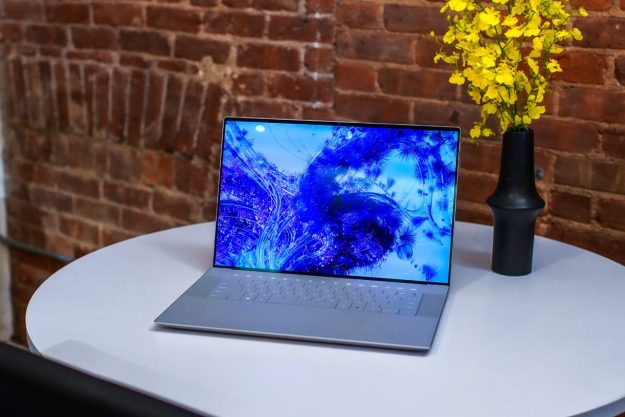
The American Consumer Satisfaction Index (ACSI) has released its 2011 E-Business Report covering search engines, Internet news and information services, and social media services—and, just like last year, Facebook is at the back of the pack in the social media category.
ACSI scores range from 1 to 100, with higher numbers indicating how satisfied consumers are with a company or service—anything over 80 is generally considered excellent. For 2011, Facebook managed a 66. That’s up from a 64 last year, but is four points below the average in the entire social media category and way behind sector leader Wikipedia, which came in with a 78. In fact, Facebook’s consumer satisfaction rating was lower than any company in the 2011 E-Business Report—it was even beaten out by AOL and the Huffington Post.
The ACSI E-Business Report is produced in partnership with ForeSee Results.
“We don’t know yet how Google+ will fare, but what we do know is that Google is one of the highest-scoring companies in the ACSI and Facebook is one of the lowest,” said ForeSee Results president and CEO Larry Freed, in a statement. “An existing dominance of market share like Facebook has is no longer a safety net for a company that is not providing a superior customer experience.”
Overall, the ACSI finds that social media is one of the lowest-scoring industries that it measures—and it measures darn near everything. In general terms, satisfaction levels with social media are above only airlines, newspapers, and subscription television services. And MySpace fell off the ACSI’s radar this year: there just weren’t enough people using the service to get a significant sampling.
Amongst portals and search engines, Google did indeed come out on top, with a 2011 ACSI rating of 83—that’s a very high score, and remarkably up 3 points from an 80 last year. However, Microsoft’s Bing search engine is right on Google’s heels with a score of 82, and that’s up from a still-respectable 77 last year. Ask, Yahoo, MSN, and AOL also all managed to improve their scores year-to-year with Ask landing a 7-point increase from 73 to 80.
Amongst news Web sites, FoxNews.com has a commanding satisfaction lead with a score of 82; it’s nearest competitor is ABCNews.com with a store of 77, followed by USAToday.com (76), MSNBC and CNN (74 each), and The New York Times (with a 72—the assessment was done just as the newspaper was putting up its paywall). New AOL acquiree The Huffington Post made the index this year with a score of 69—that’s four points below the sector average of 73, but it means HuffPo has enough users to be measurable against the big names in the news game.
The ACSI was founded at the University of Michigan’s Ross School of Business and is based on detailed surveys across a broad array of services and industries. Results are based on annual interviews with roughly 70,000 American households; the ACSI’s one of the largest and most-respected measures of consumer satisfaction in the United States.


